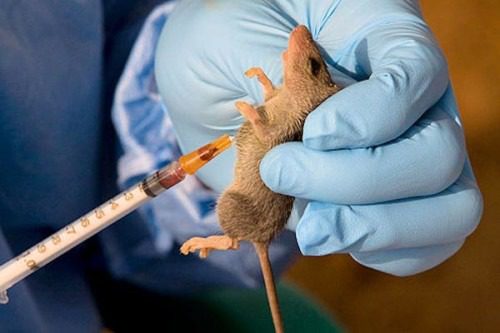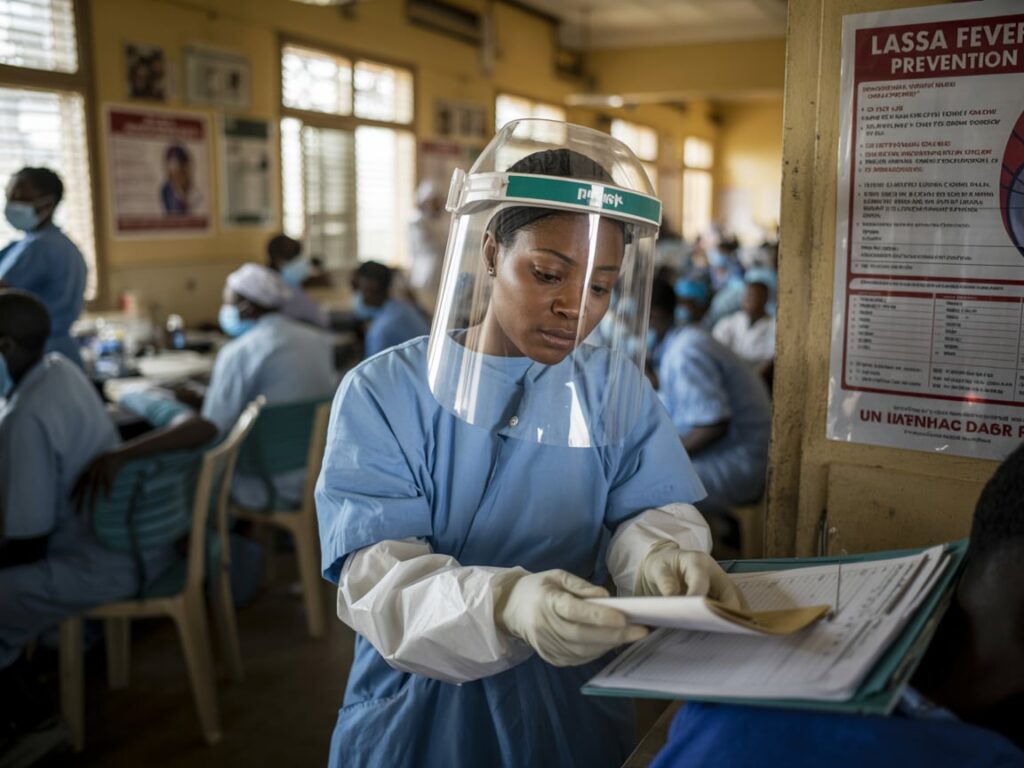Lassa Fever Death Toll Rises to 138 in Nigeria as Ondo and Taraba States Suffer the Most.
Experts Warn of High Fatality Rate as Young Adults Most Affected

Between January and May 4, 2025, Lassa fever has claimed the lives of at least 138 Nigerians, according to the latest data from the Nigeria Centre for Disease Control and Prevention (NCDC). The outbreak, which has affected 18 states and 93 Local Government Areas, saw 717 confirmed cases out of 4,881 suspected infections, resulting in a case fatality rate of 19.3 percent-an increase from 18 percent recorded during the same period last year.

Ondo, Taraba, and Bauchi states have been the hardest hit, accounting for 71 percent of all confirmed cases. Specifically, Ondo recorded 30 percent of cases, Bauchi 25 percent, and Taraba 16 percent. The NCDC also reported that deaths occurred in several states, with Taraba (34), Ondo (27), and Edo (19) recording the highest numbers. Other states with reported fatalities include Bauchi, Ebonyi, Kogi, Gombe, Plateau, Benue, Nasarawa, Kaduna, Delta, Enugu, Cross River, and Ogun.
Lassa fever is a viral hemorrhagic illness caused by the Lassa virus, which is primarily spread through contact with food or household items contaminated by rodent urine or droppings. The disease is endemic in Nigeria and tends to be more common during the dry season. The NCDC highlighted that the most affected age group is between 21 and 30 years, with a median age of 30. The male-to-female ratio among confirmed cases stands at 1:0.8, indicating that both men and women are at significant risk.
Although the number of new cases declined slightly in the latest reporting week, public health experts are concerned about the persistently high fatality rate. As one health official put it,

“The high number of deaths shows that we must strengthen our surveillance and improve prevention at the community level.”
The NCDC has activated the National Lassa Fever Multi-Partner, Multi-Sectoral Incident Management System to coordinate the national response. Rapid Response Teams have been deployed to the most affected states to support local outbreak management efforts.

Healthcare professionals are urging Nigerians to maintain strict hygiene, avoid contact with rodents, and seek medical attention early if they experience symptoms such as fever, sore throat, and bleeding. Encouragingly, no new healthcare worker infections were reported in the most recent week, though at least 20 health workers have been infected since the start of the year.
Despite ongoing public health campaigns, experts say that poor food storage and handling practices, especially in rural areas, continue to fuel the spread of the disease. Delays in seeking medical care and self-medication also contribute to the high fatality rate. The NCDC continues to emphasize the need for community education, environmental sanitation, and early reporting of symptoms to help curb the outbreak.
Stay woke. Stay tuned. Stay with AKEWE NEWS.




